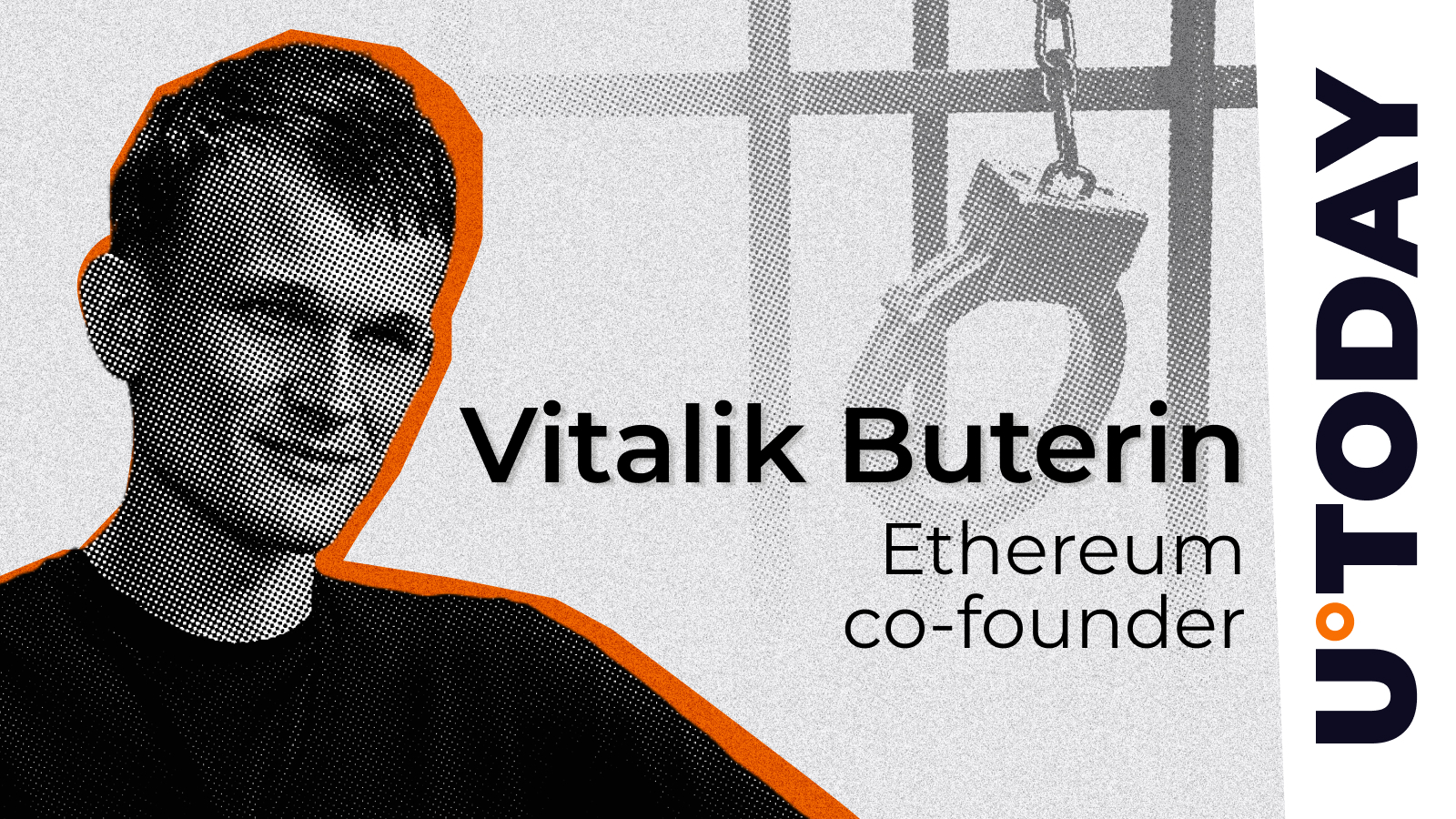Ethereum's Buterin Shuts Down Speculation About L2s Potentially Stealing Funds
08/31/2024 03:34
Ethereum's Buterin has explained why L2s cannot steal funds

Mert Mumtaz, co-founder & CEO at Helius, recently stirred up a heated debate on the X social media platform by suggesting that every major layer-2 can "technically steal user funds."
However, Ethereum founder Vitalik Buterin has clarified that they cannot unilaterally steal funds since there needs to be an extraordinarily high level of consensus.
A security council oversees a chain in case of some issues with governance execution. As noted by Buterin, it is supposed to have at least a 75% vote threshold.
Moreover, a substantial portion of the council members (at least 26%) should not be associated with the company behind a certain layer-2 solution.
When it comes to Arbitrum, for instance, a quorum-blocking group gets its members from outside of Offchain Labs, the company behind the layer-2 solution. In such a way, it can remain sufficiently decentralized.
Buterin has noted that both Arbitrum and Optimism comply with such requirements, which is why the idea of layer-2s stealing user funds appears to be too far-fetched.
However, some users are still skeptical whether or not the quorum-blocking subset would actually be inclined to act independently from the company. In response, Buterin pointed to the current members of Arbitrum's security council.
According to cryptocurrency analyst Adam Cochran, users should factor in the multiplicative impact of a council, individual levels of trust that are associated with its members, and their goals and values. It boils down to "how many of those need to break (and to what degree) to get collusion," according to Cochran.
As noted by the analyst, "multi-party, multi-interest councils of diverse stakeholders with track records and public reputation at stake" make it less likely that users' funds could be stolen.
About the author

Alex Dovbnya
Alex Dovbnya (aka AlexMorris) is a cryptocurrency expert, trader and journalist with extensive experience of covering everything related to the burgeoning industry — from price analysis to Blockchain disruption. Alex authored more than 1,000 stories for U.Today, CryptoComes and other fintech media outlets. He’s particularly interested in regulatory trends around the globe that are shaping the future of digital assets, can be contacted at [email protected].
Advertisement
TopCryptoNewsinYourMailbox
TopCryptoNewsinYourMailbox



